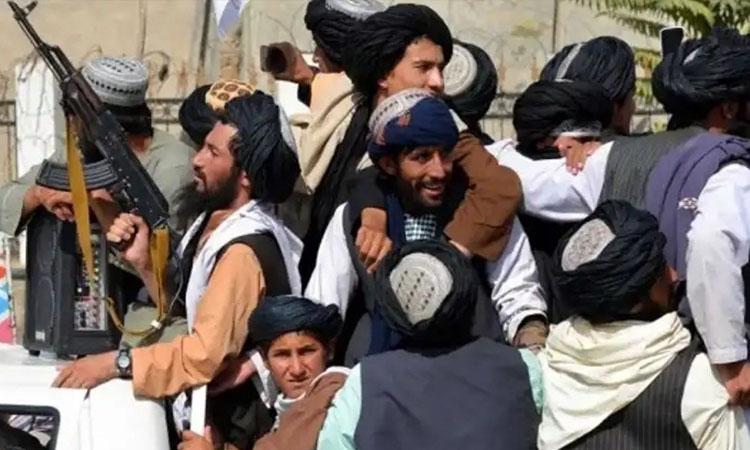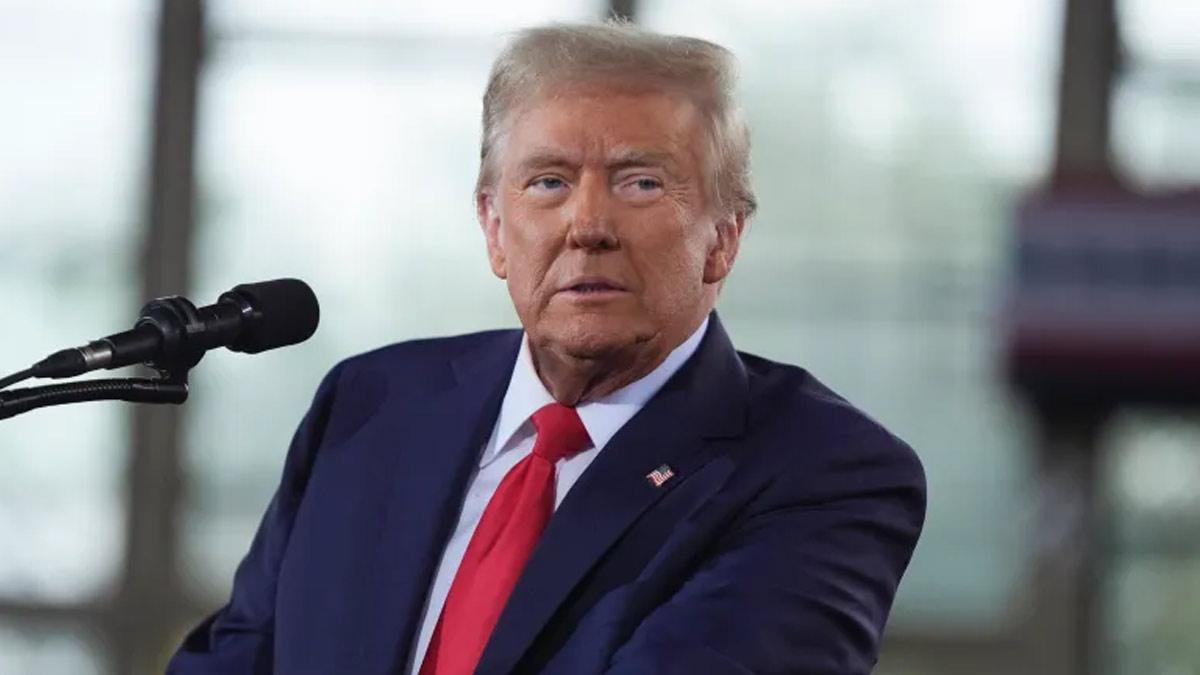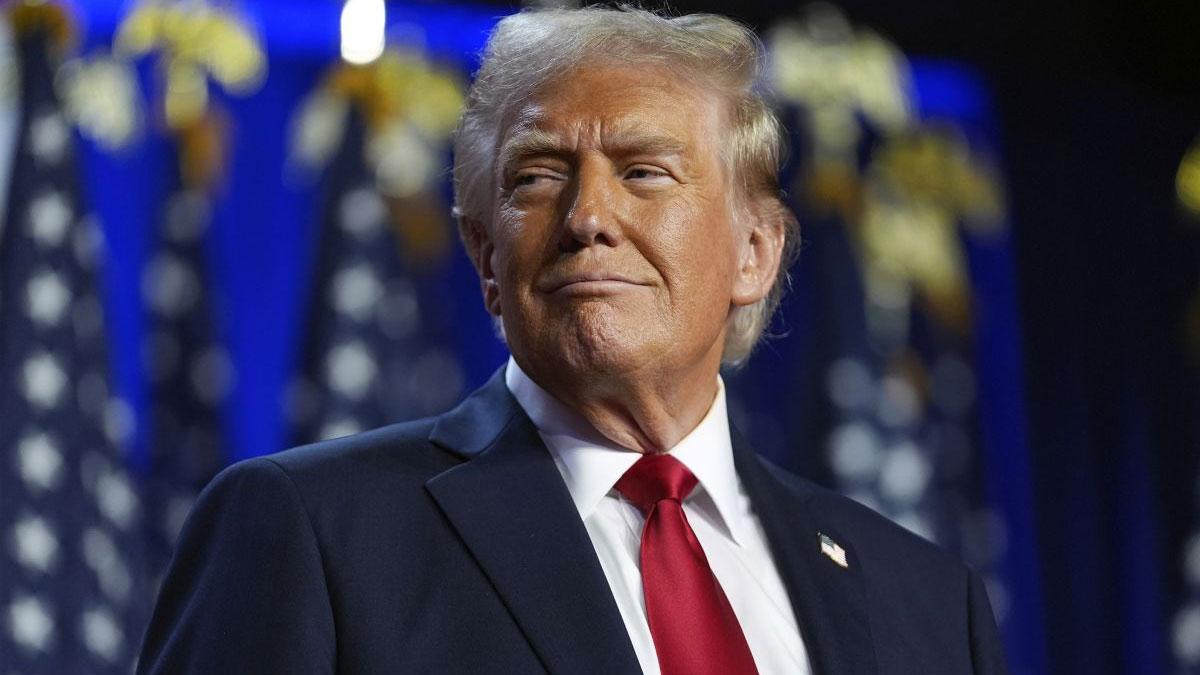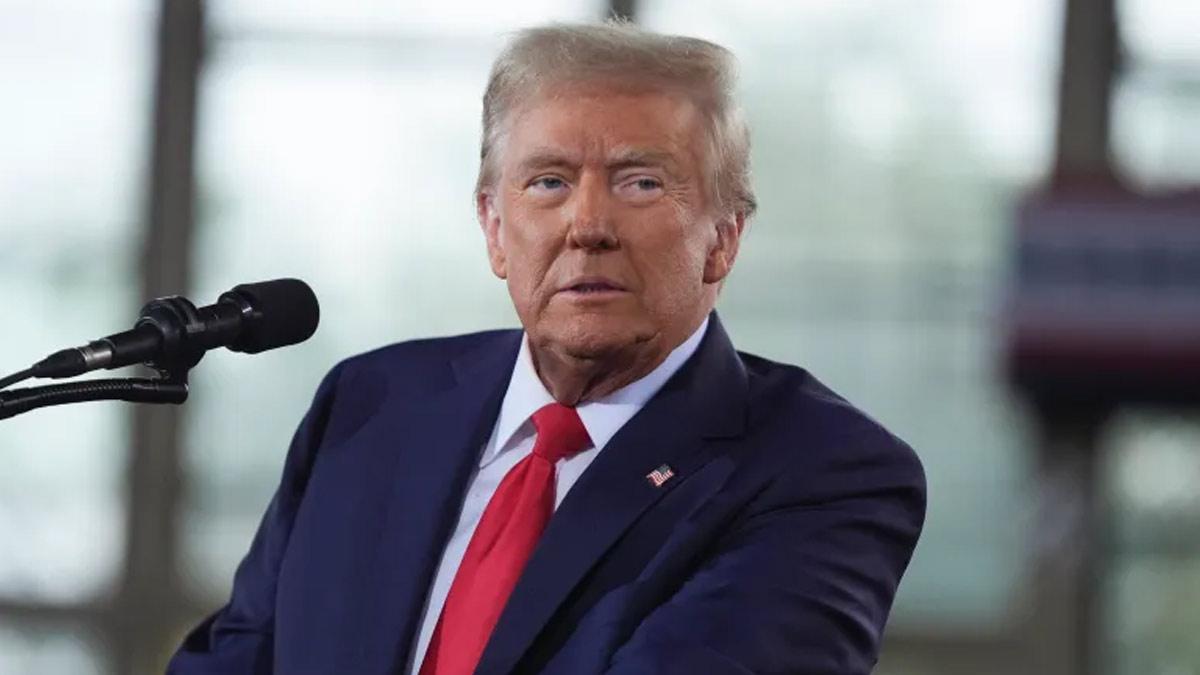The leaders of terrorist organisations in South Asia region continue to spread hatred against India through internet platforms and social media and raise funds through fake charities, crowdfunding and by portraying themselves as humanitarian NGOs and non-profit organisations, India told the Counter-Terrorism Committee (CTC) of the United Nations' Security Council on Monday.
The CTC open briefing started with remarks from Ambassador T S Tirumurti, the Permanent Representative of India to the United Nations who is also the chief of the Counter-Terrorism Committee.
It was attended by officials from the UN Counter-Terrorism Committee Executive Directorate (CTED), INTERPOL, the UN Office on Drugs and Crime and representatives from the Member States of South and South-East Asia.
Also Read | Recognising Taliban govt first will put too much pressure on Pak: Imran Khan
India's statement was delivered by Rajesh Parihar, Counsellor at India's Permanent Mission to the UN in New York, who, at the very outset, reminded the attendees about the 40 brave men of Indian security forces who were martyred in a dastardly terrorist attack carried out by Pakistan-based Jaish-e-Mohammad in Pulwama, exactly three years ago on February 14, 2019.
As members deliberated on counter-terrorism approach, India said that there is an urgent need for the UN Monitoring Team and Financial Action Task Force (FATF) to focus on non-traditional aspects of terror financing.
"From the past few years, the UN member-States have been ringing alarm bells about terrorists having access to modern and emerging technologies such as internet, on mobile devices, social media, encrypted messaging services and using them to spread hatred, radical propaganda, fake narratives and carry out recruitment and terror activities," said the Indian representative.
New Delhi reiterated that the UN-designated terrorist groups, such as Lashkar-e-Taiba, Harkat-ul-Mujahidin, and Jaish-e-Mohammad, as well as their aliases and proxies continue to operate in the region targeting civilians, security forces, places of worship, soft targets and critical infrastructure.
"The growth of extremist ideology in our neighbouring state is bolstered by their patronage of radical outfits. The mainstreaming of radicalism and communal ideology by the State has also provided a fertile environment for the growth of terror infrastructure in the region," Parihar told the gathering.
Urging the Counter Terrorism Committee, CTED, and the Analytical Support and Sanctions Monitoring Team to pay a "close attention" to the terrorist threat emerging from Al-Qaida, particularly, their affiliates, Lashkar-e-Taiba and Jaish-e-Mohammed, India also raised concerns about the return of Taliban in Afghanistan.
"In South Asia, under the Taliban, Afghanistan once again is at the risk of becoming a safe haven for Al-Qaida, ISIL and a number of other UN-designated terrorist groups, including Lashkar-e-Taiba and Jaish-e-Mohamed," said Parhiar.
He reminded everyone that the 2021 report of the Taliban Sanctions Committee and other reports have recognised the continuation of links between Taliban, especially through the Haqqani Network, and Al Qaida and other terrorist groups in India's neighbourhood.
Tirumurti, in his opening statement, also mentioned how the Taliban's rise to power in Afghanistan poses a complex security threat outside the region, "particularly in parts of Africa", where terrorist groups may try to emulate the Taliban's example.
The CTC head mentioned the linkages between the Taliban, Al-Qaeda, and terrorist entities proscribed by the Security Council, such as Lashkar e-Tayyiba and Jaish-e-Mohammed, are a further source of concern.
All of this, he said, raises serious concerns about Afghanistan becoming a safe haven for Al Qaida and a number of terrorist groups in the region.
Also Read | Pak intel officials suspended for torturing journalists
India's Permanent Representative to the UN revealed that, since their military defeat in the conflict zones of the Middle East, ISIL and Al-Qaida have been seeking to establish a foothold in both South and South-East Asia.
"We are also aware that the misuse of information and communications technologies (ICT) -- including new technologies such as artificial intelligence (AI), robotics, "deep fakes", and Blockchain -- for terrorist purposes is on the increase," said Tirumurti.


















